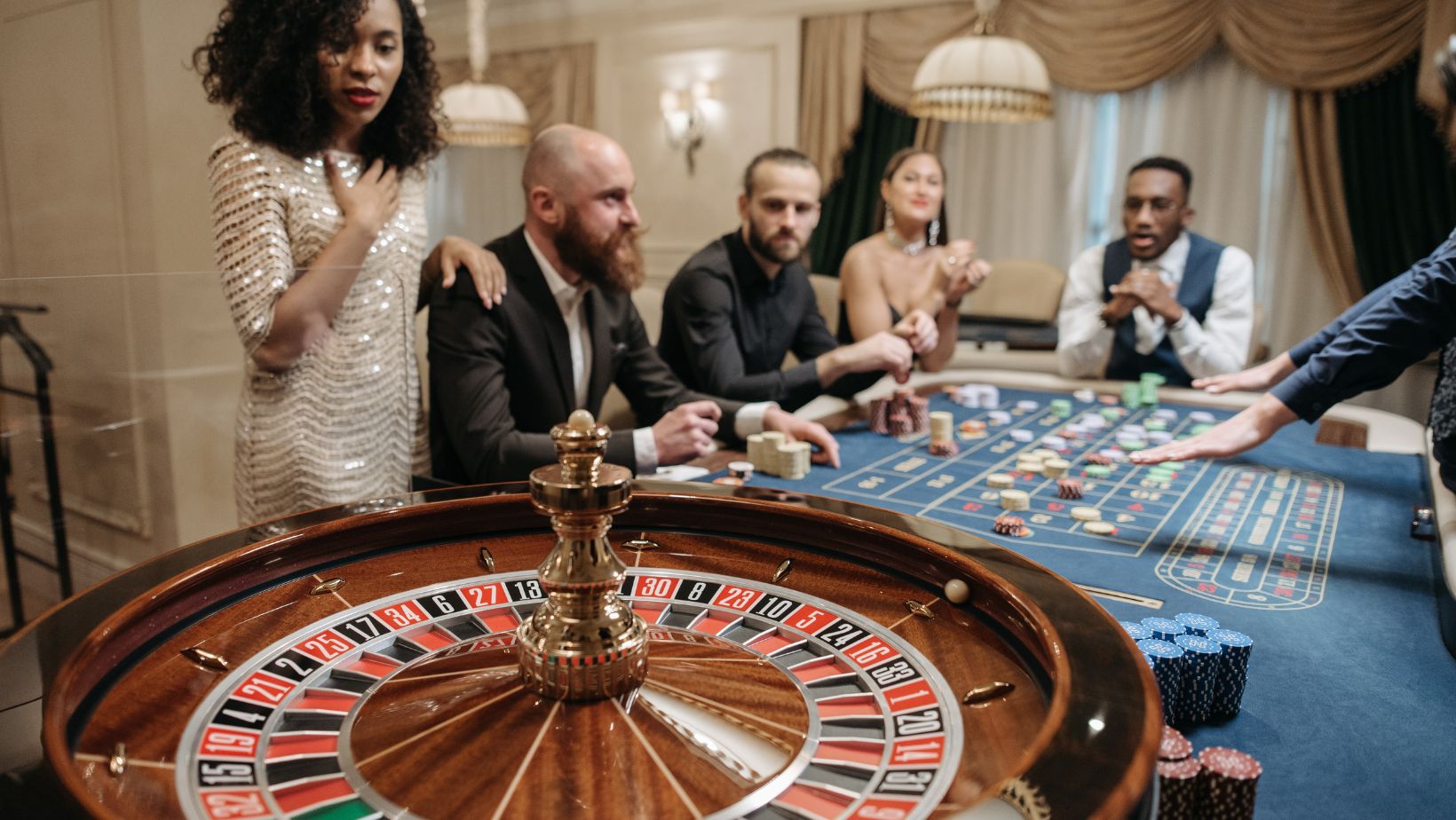Humans are emotional beings; whether we want to admit it or not, we do most things based on emotion and rationality. From simple daily decisions like the food we eat and the TV show we watch to major decisions in our lives, such as the college major we’ll choose or the partner we will marry, we’re ‘programmed’ to follow our instincts and emotions. Well, sports betting is no different.
Whenever someone mentions any form of gambling, the words’ thrill’ and ‘excitement’ seem to pop up. And while we can’t deny that sports betting can be thrilling, there’s much more to human psychology beyond the thrill. In this article, we’ll explore what drives bettors to bet and examine the psychology of betting.
Uncertainty is alluring
Before online betting sites like the ones at https://nolimitbookmakers.com/ existed, people would use every opportunity to bet against someone or on something. Gambling as a practice is as old as civilization itself. The Ancient Greeks bet on the events in the first Olympic games, and some sources suggest that ancient civilizations have been betting way before.
Whether it’s a friendly wager among friends or a complicated teaser bet on an online sportsbook, people are drawn to the feeling of not knowing what comes next. As much as we would like to be certain about most things in life, uncertainty is alluring in a way that you don’t know what to expect, and that’s often the main driving force behind sports betting.
The human brain is wired to seek novelty and excitement constantly, and sports betting is one of the easiest ways to achieve this. For example, if you bet on an uncertain outcome, you’ll immediately get a rush of adrenaline and a sense of anticipation.

Let’s say you want to bet on Formula 1, and you see that Max Verstappen, the clear favorite to win the race, has qualified first. Even if you know that betting on the favorite might be the most profitable solution and that the chances of anyone else winning the race are slim, you want to break that monotony. You’re tempted to place a bet on Lewis Hamilton to win the race. And remember that you’ll get much better odds for betting on the underdog, which might mean a hefty profit if you win the bet.
The Feeling of Being ‘In Control’
In an otherwise chaotic world, we sometimes want to feel like we control things. Humans are wired to seek autonomy, and betting plays on various psychological elements of life, including this one. Many bettors are drawn to the challenge of decision-making in sports betting and the feeling that you have the final word. It’s you who has to make the decision – whether it’s right or wrong. It’s you who can influence the outcome through your choices and decisions.
There’s nothing sweeter than winning a bet after you’ve spent hours researching the teams’ performances, the weather on the pitch, the injury list, and all the little details that can affect the game’s outcome.
Besides feeling in control, some people use sports betting as a coping mechanism. We live in a world where we’re constantly facing stress, anxiety, and difficult life circumstances. Sports betting can provide a temporary escape and offer a much-needed distraction and relief from life’s challenges. And if you’re careful with your bets and stick to your budget, it doesn’t have to be an expensive hobby. You might even make a profit.

An Opportunity to Win Big With a Small Investment
Although it’s not the primary reason, the high-risk, high-reward dynamic of sports betting is certainly one of the factors why people bet. The prospect of winning, even if it’s small, can be the strongest motivator. It’s in our nature to be drawn to turning a modest investment into a significant net gain, which is firmly rooted in our subconsciousness by our inherent desire for financial security and prosperity.
Everyone dreams of becoming a winner, and sports betting provides that chance of winning big with a small investment.


